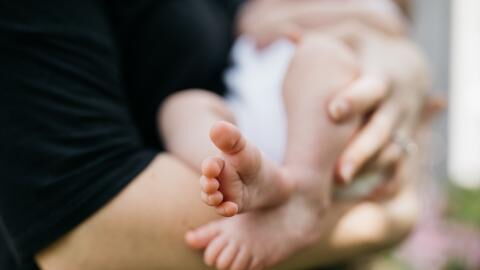It is very normal to see women breastfeeding their babies in public spaces because as we all know babies can afford to cry aloud if they don’t get their breastmilk and they are no respecter of places or environments, so mothers are obliged to breastfeed freely anywhere they find themselves.
Discover our latest podcast
Widely accepted
In the Netherlands, the law states that, for the first 9 months, an employer is obligated to provide a breastfeeding mother with a suitable breastfeeding room, and allow for 25% of work time to be spent on breastfeeding. In other parts of Europe, breastfeeding publicly is quite acceptable. There might not be specific laws to protect breastfeeding but it’s so commonplace that laws are not needed.
Leading health organisations, such as the World Health Organization, recommend breastfeeding for two years and beyond. Despite this, in some parts of the world people still feel uncomfortable about women breastfeeding in public, particularly if they’re not doing it ‘discreetly’.
If society says mothers should breastfeed because it is very important for the child’s development then it is hypocritical of society to not support them breastfeeding in public.
Is public breastfeeding offensive?
Some have associated breastfeeding with a sexual act. This is because breasts are sexualised in our society.
In a recent development at Disneyland Paris, a woman was told by two security guards to stop breastfeeding publicly because some foreigners were shocked by the act. A member of parliament responded to the viral tweet with a letter to Disneyland Paris President saying:
Following this report, my letter today to the president @DisneylandParis If this situation is confirmed, it is serious. Every woman should be able to feed her child as and where she wants. This is the meaning of the bill I tabled.
Responding to the messages, on which the French government was copied, Disneyland said it:
profoundly regrets this situation and present once more our apologies to the mother in question.
It said that the agents’ actions were not compatible with their regulations and values, insisting 'there is no restriction on breastfeeding at Disneyland Paris'.
It also added that it offered 'different places' at the site for those who prefer a dedicated place to nurse their children.















